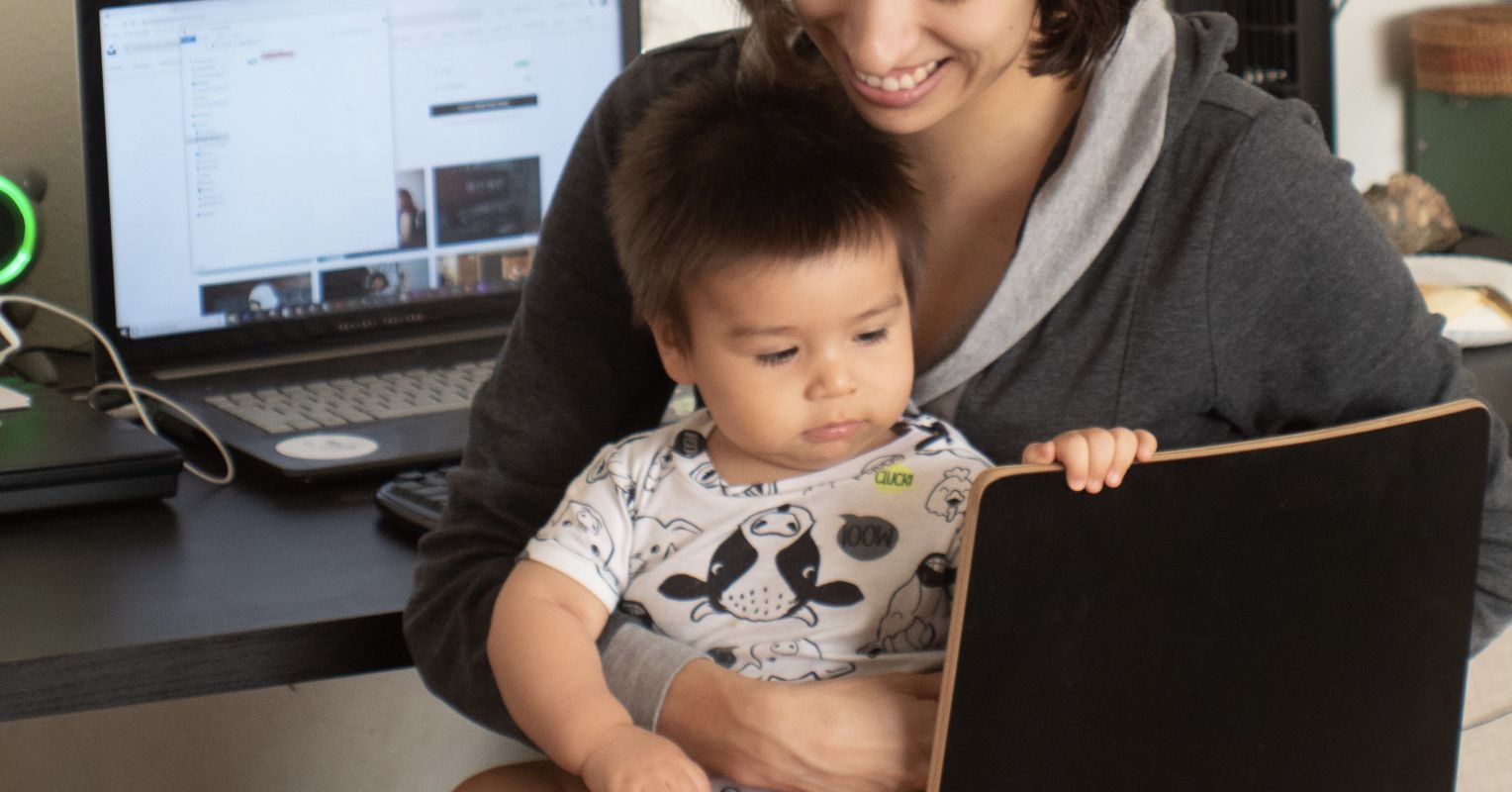[ad_1]

Source: NataliyaSdobnikova/Shutterstock
Over past centuries many family norms have changed but one unfortunate constant has remained: Mothers are a target, bearing the heaviest scrutiny and criticism when raising their children.
The expectations are too high and, for most of us, unattainable even when we are unwilling to admit that to ourselves. We try to meet them, or feel guilty or badly when we can’t.
In her aptly titled book, Screaming on the Inside: The Unsustainability of American Motherhood, Jessica Grose, New York Times opinion writer, explains that the situation has been untenable for women for the last 200 years. The pandemic only exacerbated the demands on families, and on mothers specifically.
The perfect mother
Grose points out that then as now, expectations for what a mother should be remain unrealistic. You may chuckle at her description and say, “not me,” but most of us have internalized aspects of the “perfect mother”:
“Close your eyes and picture the perfect mother. She is usually blonde and thin. Her roots are never showing and she installed that gleaming kitchen backsplash herself (watch her TikTok for DIY tips). She seamlessly melds work, wellness and home; and during the depths of the pandemic, she also ran remote school and woke up at 5 a.m. to meditate.”
Society chips away at mothers’ self-esteem and identity at every age and stage of a child’s life. Any identity we had is subsumed into caring for our children. As Grose puts it:

Source: Kelly Skkima/Unsplash
“What I had to get used to, though, was the way the whole world perceives you differently when you’re a mother, and most of the problems I had in early motherhood came from brushing up against my culture’s expectations of who I was supposed to be. I was expected to suppress any needs, desires, and unmotherly personality traits for what other people felt was ‘best’ for the baby.”
Failing motherhood
Grose feels that she “failed pregnancy” in part because her morning sickness was so intense that she had to quit her brand-new job. In a way, I too failed pregnancy, or interpreted it that way when my doctor told me in my eighth month, “This baby is too small.” Beyond scaring me—How do you make a baby in utero bigger?—I had already piled on close to 40 pounds at that point. My baby turned out fine, born well within a “normal range.” I still wonder exactly what that doctor meant.
Similarly though, if you can’t or choose not to breastfeed, for example, you are often viewed as cheating your baby, and made to feel subpar. Or, some will tell you in person or on social media that enrolling your child in full-time daycare is harmful. The flaws in U.S. maternity-leave policies, and figuring out child care in a childcare desert—unless you can afford private care with costs that “rival college tuition”—complicate early motherhood further.
More than 70% of women with young children juggle labor at home and work responsibilities—and always it seems that others are quick to criticize. No matter how you tackle any aspect of mothering, the judgmental are ready to pounce—some subtly, others with no filter. To avoid criticism, too many mothers strive to be perfect or to meet unreasonably high standards that seem to be perpetuated by social media, their community, and sometimes even friends and family.
But there’s another way.
Your way
Grose has answers to save mothers. First, it’s about understanding the trap of the “perfect mother” myth. “The fear we have of being found out as less than perfect mothers keeps us from being truly honest,” she writes. Mothers need to admit ambivalence, admit that the pressures are too great, and stop passing judgment on each other.
Be it to breastfeed or not, or for how long; to follow attachment parenting or free-range parenting or to mix it up, choosing bits and pieces from different parenting gurus or none of them, decide for yourself what works for you and your circumstances.
You may miss a performance at school because of a pressing work responsibility or an elderly parent problem that needs your attention. Maybe you allow your child to dress in all manner of odd combinations of clothes, none of which appear on Instagram or TikTok. You may let your child drop a sport, wear makeup, or have a cellphone younger than mothers influencing your world think ideal—add any incident or suggestion that puts you on wobbly ground with your critics.
Parenting Essential Reads
Conforming to the practices and approaches of families around you in pursuit of being the perfect mother creates unnecessary stress and can negate the family values you want to pass on to your offspring. “The truth is that parenting cannot follow a recipe; there’s no foolproof set of rules that will result in a perfectly adjusted child,” Grose reminds us. “Every parent has different values, and we will have different ideas about how to pass those values along to our children.”
Screaming on the outside
It may be better to scream on the outside, to decide that you are going to do motherhood your way even when it goes against the advice of those in your orbit. We can choose to stop beating ourselves up with lofty notions of what makes motherhood blissful and makes children thrive.
It seems that you are more likely to fail motherhood when you don’t trust yourself and don’t follow what you think is best for you and your children. You may believe perfection is possible, but when you accept that there is no such thing as the perfect mom, you and your kids will likely be happier.
On so many fronts—social, political, professional, and personal—we need to revise the motherhood myth by accepting that what works for one mother may not work for you. As Grose writes, “There’s more than one way to raise kids who thrive.”
For more, see “Why It’s Okay—Even Wise—to Let Your Child Quit” and “How to Stop Competitive Parenting From Ruining Friendships.”
[ad_2]
Source link



